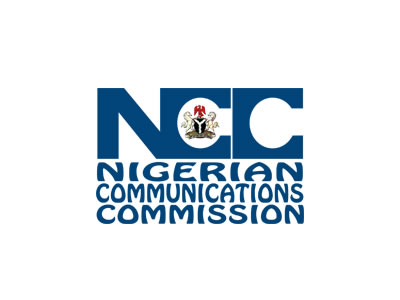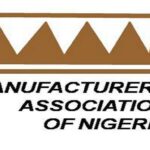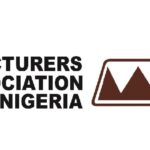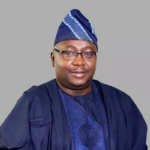Recently, the National Communications Commission (NCC) approved a 50 per cent tariff increase following a request by telecommunications operators to reflect the general rise in cost of goods and services in the country. The telecoms service operators had requested a 100 per cent increase but was reduced by half by the service regulator NCC citing on-going reforms in the industry which will address their operational concerns that will eventually bring down their cost of operations.
At a glance this means that with the increase, the average cost of phone calls which goes for N11 per minute will rise to N16.50 per minute. Data, which cost N287.50 for 1GB bundle now goes for N431.25, while short messaging service, popularly known as SMS, will cost N6 instead of the former N4.
The implementation of the new tariff is scheduled to take place in February and expectedly, the increase has drawn the ire of a cross section of Nigerians who are already burdened by the ever rising cost of goods and services.
The National Association of Telecoms Subscribers called on the NCC to review the hike to 10 per cent failing which it intended to file a lawsuit challenging the action. Similarly the Socio-Economic Rights Accountability Project (SERAP) in a suit filed at the Federal High Court Abuja No. FHC/ABJ/CS/111/2025, claimed that the telecom tariff hike infringes on the rights of citizens to freedom of expression and access to information as enshrined in the Nigerian Constitution and International Treaties on such freedoms to which Nigeria as a signatory is bound to observe. A statement issued by SERAP to this effect said: “The unilateral decision by the NCC to approve the 50 per cent hike in telecom tariffs is arbitrary, unconstitutional and unfair’’. SERAP further stated that “This action contravenes both the Federal Competition and Consumer Protection Act of 2018 and international human rights standards. It also reflects a failure to consult key stakeholders in the sector.
- Why Julius Berger’s Abuja-Kaduna road contract was terminated-Minister
- Miners have guns, explosives – Niger gov
On the other hand, there had been support for the measure by the NCC. Briefing the media in Abuja, the Concerned Citizens Forum (CCF), through its President Opialu Fabian stated that the tariff increase was necessary in view of the current economic realities in the country. Fabian noted that the NCC’s decision to approve 50 per cent rather than the 100 per cent requested by the telecom operators indicated the Commission’s commitment to balancing the interests of operators, consumers and the wider economy.
We believe that while both sides of the argument on the tariff hike have their points, there is the need to consider the issue on its own merits. In this regard, we should consider that the last time we had a tariff hike in this sector was in 2013, over a decade ago. We must also note that the telecoms companies in the country operate under some of the most challenging conditions in the world. For the most part, they provide their own power to run the hundreds of telecom masts, often in very remote areas of the country. They must also provide security for their installations to protect against trespassing and vandalisation. And they are subjected to various taxes and levies which they have to pay in order to provide the services that Nigerians need.
On the flip side though, Nigerians are justified in stating that the tariff hike will add to the already unbearable cost of living in the country. By some estimates the tariff hike will result in an exponential increase in the cost of living of the average Nigerian in addition to basic necessities. This certainly is a justifiable cause to raise concerns about the issue.
All considered, we must however realise that since the telecoms revolution in the country in the early 1990s, the sector has grown exponentially to become among the countries with the highest teledensity in the world.
In this regard, Nigeria is by far the largest in Africa and the potential is even greater. The penetration of telecoms services has spawned a tremendous growth in businesses large and small which has had a salutary effect in the economy. The telecoms sector today is marked as one of the pegs of the Nigerian economy contributing a lot to the Gross Domestic Product (GDP) of the country.
We are therefore persuaded that the telecom operators have a valid case in their request for a hike in tariff considering the general rise in the cost of goods and services in the country under which they operate as critical service providers. We cannot begin to imagine the negative consequences to the Nigerian economy if the telecom operators are forced to withdraw their services or shut down their operations in the face of unbearable cost of operations. While objectively supporting their request, we call on them to use the opportunity to improve their services to the consumers in order to justify the increase in tariffs. It is time to put the era of drop calls, unexplained charges and difficulties of accessing the network behind us.

 Join Daily Trust WhatsApp Community For Quick Access To News and Happenings Around You.
Join Daily Trust WhatsApp Community For Quick Access To News and Happenings Around You.


